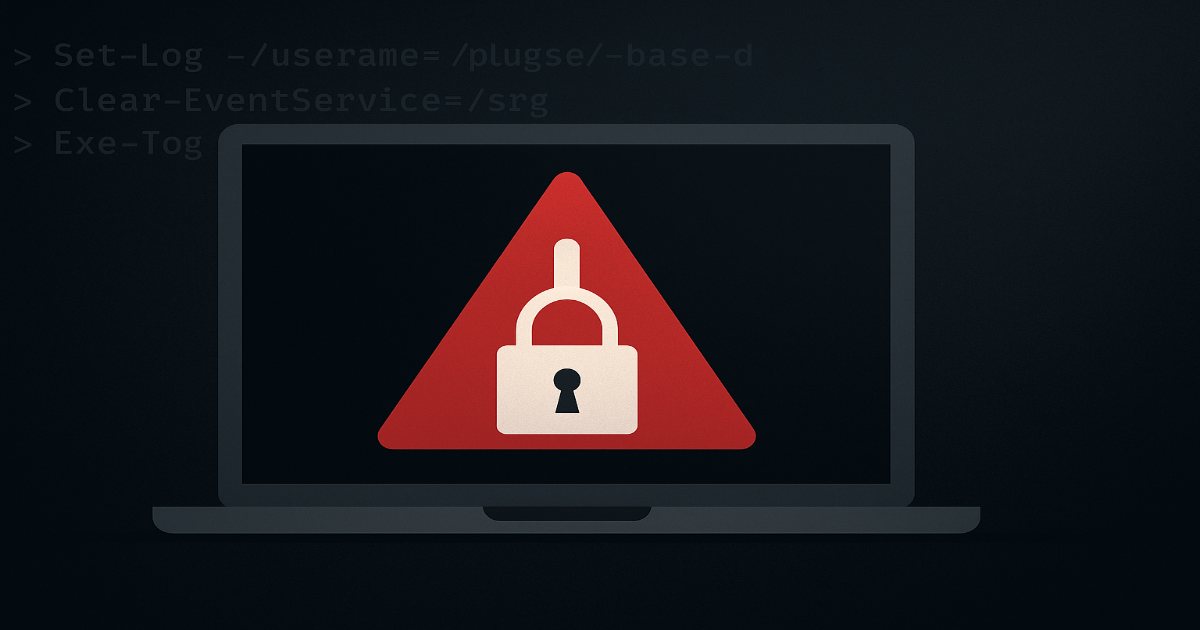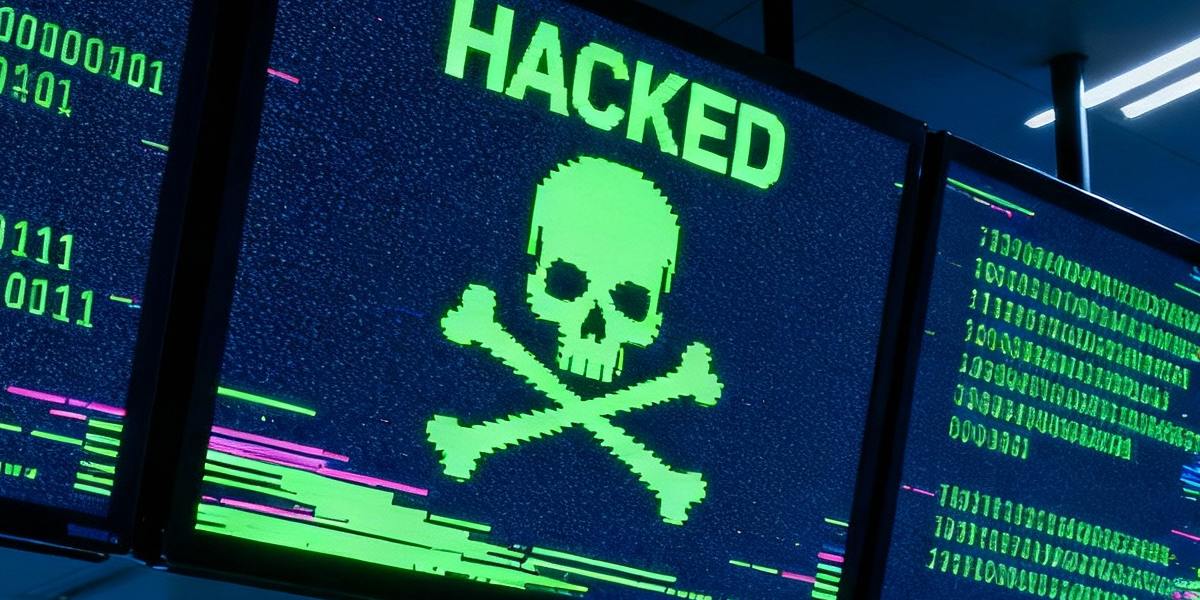Yesterday, the Department of Commerce issued a final determination that prohibits kasperski labs and any other companies associated with kasperski labs from directly or indirectly providing antivirus software and cyber security solutions or services in the United States or to any us person due to the risks that these products pose to US National Security so the United States.
Back in 2017, the Department of Homeland Security banned the use of kasperski antivirus on Federal computers and federal networks because of kaspersky’s alleged ties to Russian intelligence agencies and really the fear that the Russian government could compel kasperski to use the antivirus program maliciously as a spying tool.
Kaspersky’s Announcements
Following the ban, Kaspersky has released the bellow statement:
Kaspersky is aware of the decision by the U.S. Department of Commerce to prohibit the usage of Kaspersky software in the United States. The decision does not affect the company’s ability to sell and promote cyber threat intelligence offerings and/or trainings in the U.S. Despite proposing a system in which the security of Kaspersky products could have been independently verified by a trusted 3rd party, Kaspersky believes that the Department of Commerce made its decision based on the present geopolitical climate and theoretical concerns, rather than on a comprehensive evaluation of the integrity of Kaspersky’s products and services. Kaspersky does not engage in activities which threaten U.S. national security and, in fact, has made significant contributions with its reporting and protection from a variety of threat actors that targeted U.S. interests and allies. The company intends to pursue all legally available options to preserve its current operations and relationships.
For over 26 years, Kaspersky has succeeded in its mission of building a safer future by protecting over a billion devices. Kaspersky provides industry-leading products and services to customers around the world to protect them from all types of cyber threats, and has repeatedly demonstrated its independence from any government. Additionally, Kaspersky has implemented significant transparency measures that are unmatched by any of its cybersecurity industry peers to demonstrate its enduring commitment to integrity and trustworthiness. The Department of Commerce’s decision unfairly ignores the evidence.
The primary impact of these measures will be the benefit they provide to cybercrime. International cooperation between cybersecurity experts is crucial in the fight against malware, and yet this will restrict those efforts. Furthermore, it takes away the freedom that consumers and organizations, large and small, should have to use the protection they want, in this case forcing them away from the best anti-malware technology in the industry, according to independent tests. This will cause a dramatic disruption for our customers, who will be forced to urgently replace technology they prefer and have relied upon for their protection for years.
Kaspersky remains committed to protecting the world from cyberthreats. The company’s business remains resilient and strong, marked by an 11-percent growth in sales bookings in 2023. We look forward to what the future holds, and will continue to defend ourselves against actions that seek to unfairly harm our reputation and commercial interests.
Our Thoughts
The U.S. Department of Commerce’s decision to ban Kaspersky software appears to be driven more by current global politics than by concrete evidence of security risks. Given the ongoing tensions between the U.S. and Russia, it’s likely that Kaspersky, a Russian company, became a target of suspicion despite its long history of providing effective cybersecurity solutions worldwide.
Just as Kaspersky said, the ban seems to be based on theoretical concerns about potential Russian government influence rather than on any proven flaws or malicious intent in Kaspersky’s products. This approach prioritizes geopolitical considerations over a thorough, impartial evaluation of the software’s actual performance and security features. As a result, the decision may be seen as overly cautious or even reactionary, potentially depriving U.S. users of a reputable cybersecurity option without clear justification based on the products’ technical merits.





